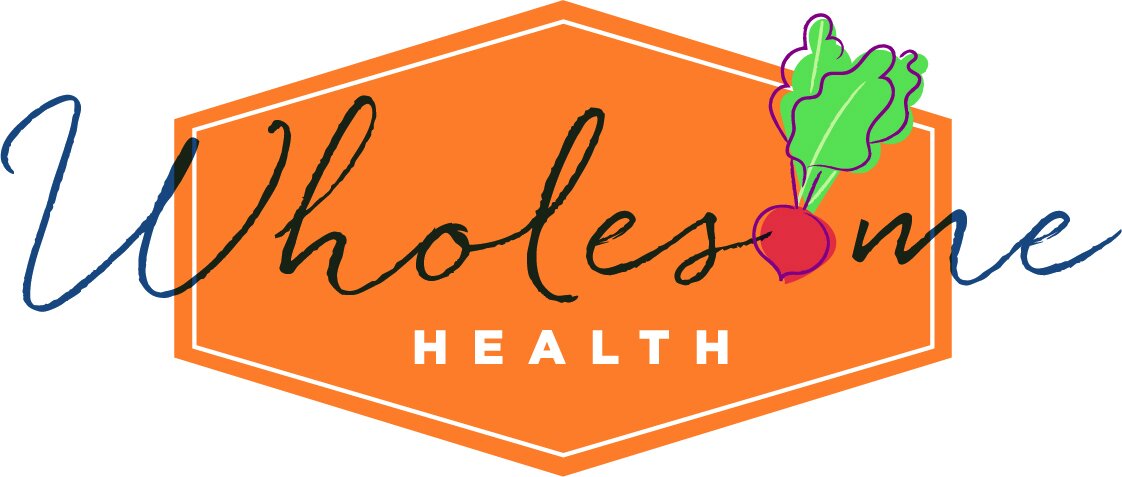Nutrition 101: Water
Water tends to be an essential nutrient that most people forget about. As adults, the body is made up of about 60% water; that’s a lot! Read on to learn why water is so important and how much we should be drinking each day, plus my favorite options for making your water taste better if it isn’t your favorite go-to beverage.
Nutrition 101: Minerals
Minerals are another one of six essential nutrients and, like vitamins, they play a vital role in overall health. Today’s post is all about major and trace minerals, their function, and in which foods they can be found.
Nutrition 101: Vitamins
Have you ever wondered what exactly vitamins do in the body? Or do you wonder which foods you can eat to make sure you are getting all the vitamins you need? Vitamins are one of six essential nutrients, meaning our bodies can’t make what we need on our own so we have to get them from food. If you haven’t already, be sure to check out my previous posts which focus on the other essential nutrients. Today, I’ll outline all of the vitamins, why they are important, and the best food sources for each.
Nutrition 101: Protein
Meat is often what comes to mind when thinking of protein, but it is not the only source! Protein is one of six essential nutrients that are required by the body in order to function (be sure to read last week’s post if you are looking for more information about the other five essential nutrients). Today I’ll discuss the function of protein, main sources of it in the diet, and how much we need to eat (hint: it’s a lot less than you may think!).
Nutrition 101: Essential Nutrients
There is so much information out there about what is healthy and what isn't, so over the next few weeks I’ll start from the beginning and talk about why eating the right foods can keep you healthy and feeling great! Today I’ll focus on the six essential nutrients our bodies need in order to function properly.
Flour Power: Almond Flour
Have you ever tried cooking or baking with almond flour? Almond flour is made from finely ground almonds and is a lower-carb and gluten-free alternative to regular flour. Though you may be skeptical, it still makes for delicious baked goods, or can even be used as a substitute for breadcrumbs in savory dishes. Read on to find out why I like using almond flour and for some of my favorite recipes!
Don’t Be Salty! How to Handle a Low Sodium Diet
Sodium is something you’ve likely heard about, especially if you have high blood pressure. Sodium naturally occurs in some foods but is also added to many foods in the form of salt. I briefly mentioned sodium in last week’s post about healthy restaurant eating, so today I’ll talk more about the function of sodium in the diet (yes, we do need some!), recommendations for intake, main food sources, and how to make your food taste great without adding a bunch of salt.
Healthy Carb Recipe Round-up
Since we’ve been talking so much about carbs, I thought I’d share some of my favorite ways to incorporate carbs into meals and snacks. Keep reading for a few of my favorite recipes!
What is Gestational Diabetes and How to Manage It
Gestational diabetes mellitus (GDM) is diabetes that occurs in pregnancy. Though it may be scary to hear that you’ve been diagnosed with GDM, it is common and very manageable, often with just diet and exercise. Today I’ll talk about what GDM is and how to manage it so that you can have a healthy pregnancy and prevent the development of type 2 diabetes in the future.
How to Manage Diabetes
Eating when you have diabetes may seem like a chore; you may feel like there is nothing you can eat, but this isn’t true! Eating your favorite foods is still possible even if you have diabetes. Today I’ll discuss methods for managing diabetes, focusing mainly on making the right food choices.










